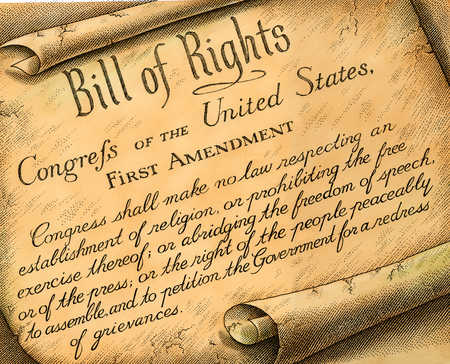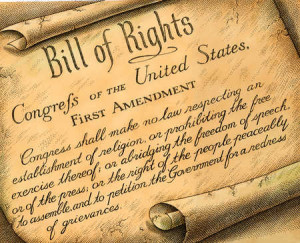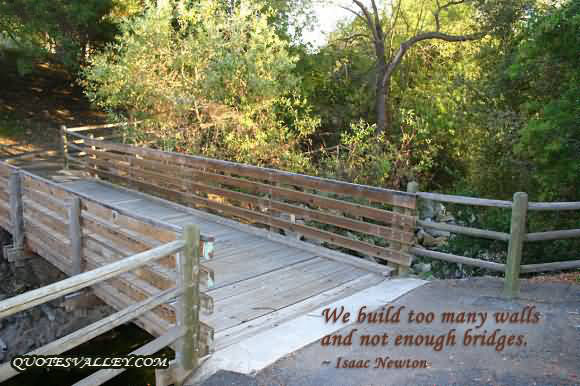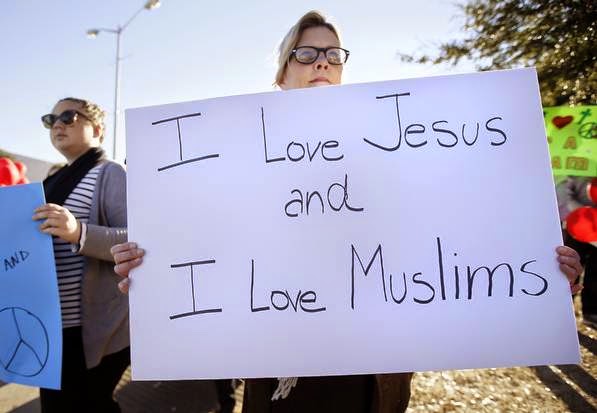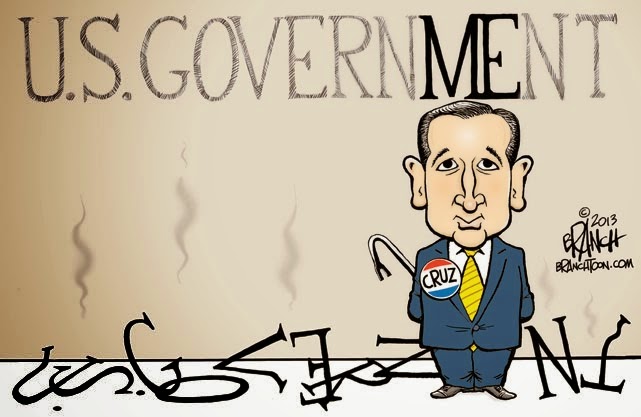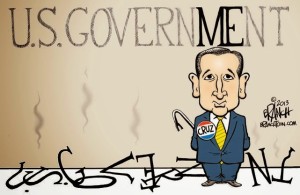Civil conversation is hard.
Whenever people in a multifaceted, multicultural civilization try to have a civil discussion, things can get complicated very quickly. Our past experiences, our societal conditioning, our moral assumptions can place us in very different worlds when it comes to communicating. We talk to each other—sometimes using identical vocabulary—but we discover that words don’t necessarily mean the same things for people whose very lives function with an entirely different complex of meaning than our own. This happens in every day normal dialogue, so consider how challenging it is to carry on a meaningful conversation when deeply held values are at stake.
Civility is hard. These days, some people think it hardly matters. But it does.
As a pastor, I have done my share of marriage counseling, family counseling, congregational conflict counseling. Two things are particularly important when I help people find a peaceful way through painful differences: one is honesty and the other is respect.
Honesty demands that we speak clearly about the issues that spark our own passion.
Respect demands that we listen deeply in order to understand the issues that spark the passion of another.
Honestly does not mean saying whatever we think and feel and believe in a disrespectful manner. Respect does not mean hiding the truth of what we think or feel or believe just because we may offend. In a civil conversation, we say what we think with words that invite ongoing discussion and we respect the humanity of the other person enough to hear them out no matter how much we may disagree with what they say. ( I repeat: we respect the humanity of the person even when we disagree with their words and ideas.)
I found some helpful suggestions for civil conversation recently. David Gushee, an ethicist at Mercer University writing for the Baptist News Global, reflected on a recent lecture by Professor Alan Brownstein, a constitutional law and church-state expert—and a practicing Jew. That may sound like a joke (an ethicist, a Baptist and a Jew walk into a bar…) but Gushee loves to write (as I do) about intersections between faith, culture and politics and he thought Brownstein’s speech on Civility and Tolerance When Absolutes Clash was “riveting” and “brilliant.”
(David Gushee went on to reflect on the recent clashes concerning “religious freedom” laws using Brownstein’s guidelines of civility and tolerance. I think his essay is quite helpful. Read more here.)
How does one engage in civil conversation with honesty and respect when our core values seem to be dishonored by someone else’s deeply held beliefs? It’s hard. But Brownstein offers these guidelines:
Neither side may trivialize or dismiss the concerns of the other.
Neither side should define the “other” according to one single characteristic or identity marker.
Both sides should aim to help each other understand their own experience and perspective using a type of speech that can be heard by the other.
Both sides should accept the fundamental ground rule of life in a free society: the essence of liberty is the right to be different and to act wrongly in the eyes of others.
That statement made me stop and read it again: the essence of liberty is the right to be different and to act wrongly in the eyes of others.
Professor Brownstein went on to highlight the fundamental role of fear in situations of public conflict that we end up facing in our culture, politics, and law:
The fear of being excluded from full participation in public discourse or public life;
The fear that the other side is trying to coerce change of my side’s core identity;
The fear that the other side will use the power of law to force my side’s conformity with beliefs and practices that we find abhorrent.
The fear of losing or betraying deeply valued relationships of love, either with the Divine or with people, or both.
I find Brownstein’s guidelines helpful on several levels. His first suggestions are practical and workable. I’ve said for years that “communication is a skill to be learned.” 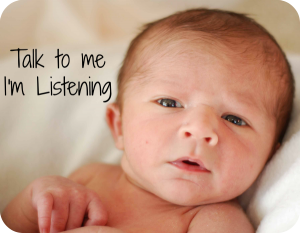 From the time we were babies, learning to speak, learning how to discern language, learning that some behaviors communicated an invitation to relationship while other behaviors alienated—from our earliest years, we have been learning how to communicate with others.
From the time we were babies, learning to speak, learning how to discern language, learning that some behaviors communicated an invitation to relationship while other behaviors alienated—from our earliest years, we have been learning how to communicate with others.
And we’re not done yet; we will never be done with learning and improving. Brownstein reminds us that there are many down-to-earth kinds of things we can do (and refrain from doing) that can help us speak and help us listen.
The other thing I like is Professor Brownstein’s insight about the covert power of fear. This rings true for me. When I think I am in danger in some way—my reputation, my ideas, my “truth,” my deeply held beliefs—then I am tempted to respond to another with defensiveness and attack. But whenever I step back and consider that the other person is struggling with their own fears—even if from a very different perspective than mine—then I am more inclined to work from the “honesty-respect” paradigm. Whenever I consider the very real possibility that I could be wrong (or at least partly wrong and only partly right) then I am more able to give others the liberty to be different and to act wrongly in my eyes. (I’ve written about this before in my blog: Sincere Differences Discussed Sincerely.)
My volunteer work with the Coffee Party USA has reminded me how uncivil our communication patterns have become in America in this 21st century. Maybe it’s the political climate. Maybe it’s the anonymity of cyberspace. Maybe it’s a devaluing of common courtesy across the broad spectrum of our society. Maybe it’s our culture’s dualism that tends to categorize people and ideas into boxes marked: black or white, right or wrong. Maybe we all are living with too much fear. Whatever is going on, incivility is damaging us in deep ways and it’s time to turn this around.
Some people won’t care; they are in this to “win” by using speech as a weapon that destroys its opponents (as Dr. Brownstein points out.) 
But lots of us do care; we want to find ways to employ honest, respectful civil dialogue as a tool for breaking down walls and building bridges. We who share this commitment are the ones who carry the greater responsibility to model civility and to persevere in actually acting like civilized people.
We’re not so far-gone that we can’t improve our skills of speaking and listening.
We’re not so hardened that we have lost our ability to respect our shared humanity—even for an adversary.
We’re not so inept that we can’t express our honest differences of opinion with courtesy and civility.
“You may say I’m a dreamer, but I’m not the only one.”
Charlotte Vaughan Coyle lives in Paris TX and blogs about intersections of faith, culture and politics on her website and Intersections Facebook page. She frequently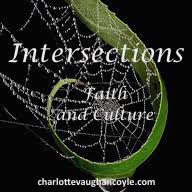 shares her thoughts with Coffee Party USA as a regular volunteer.
shares her thoughts with Coffee Party USA as a regular volunteer.
Charlotte is an ordained minister within the Christian Church (Disciples of Christ) and also blogs about Scripture from a progressive Christian approach in her Living in The Story Musings.

